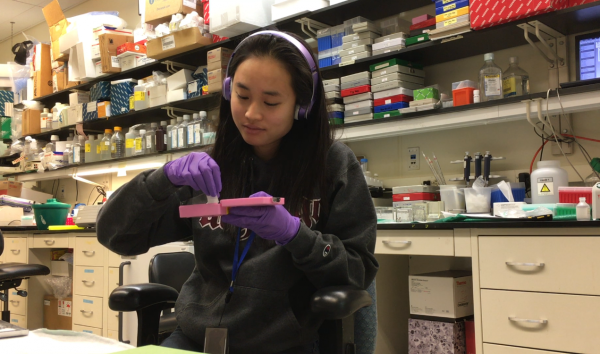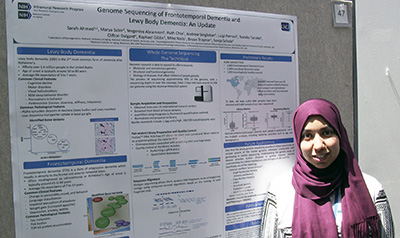Poster Days Spotlight Young Researchers
Budding Scientists Showcase Research at Annual Event
Any scientist who wants to make game-changing discoveries has to start somewhere — even Albert Einstein worked in a patent office before landing his first job in academia. Through its Postbaccalaureate IRTA program, NIH hopes to give aspiring scientists more of a leg up than Einstein had by bringing them into IRP labs after they complete their undergraduate studies.
On April 26, 27, and 28, more than 900 recent college graduates participating in the program presented at this year’s virtual Postbac Poster Days. Read on to learn about a few of these young researchers and their contributions to the groundbreaking work being done at NIH.






